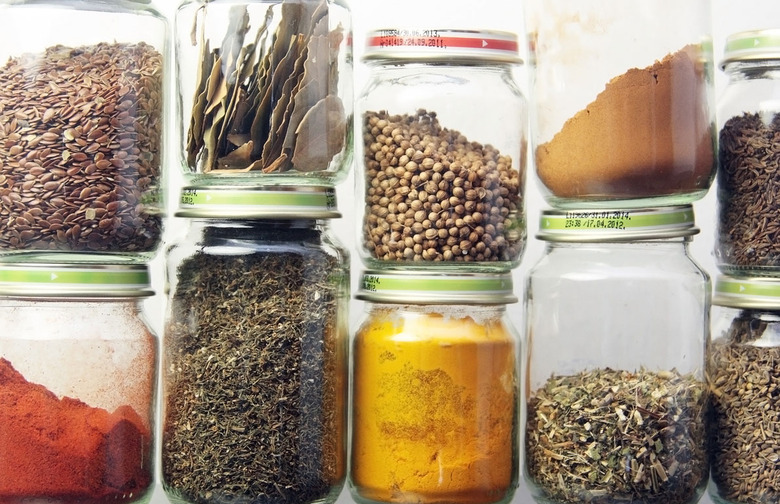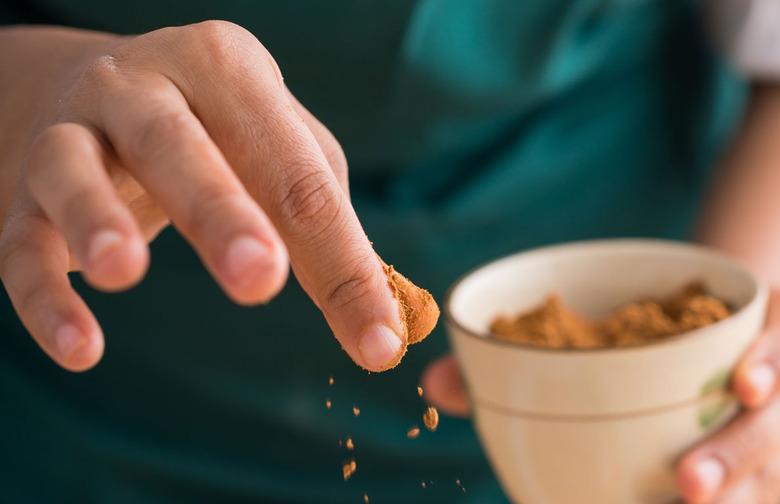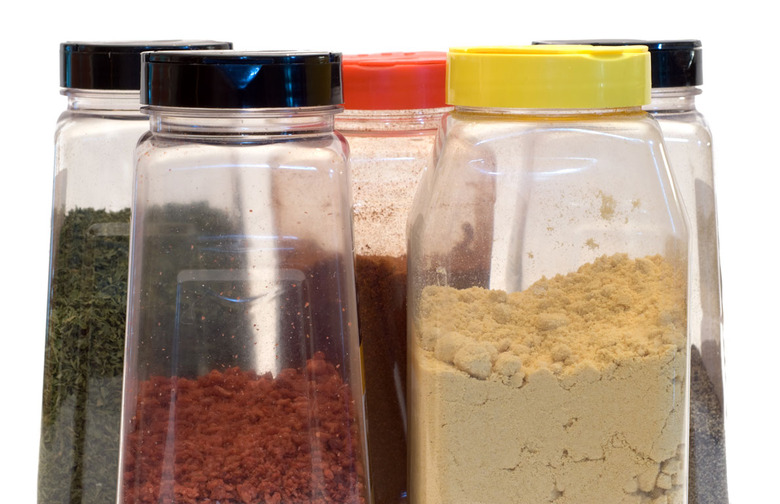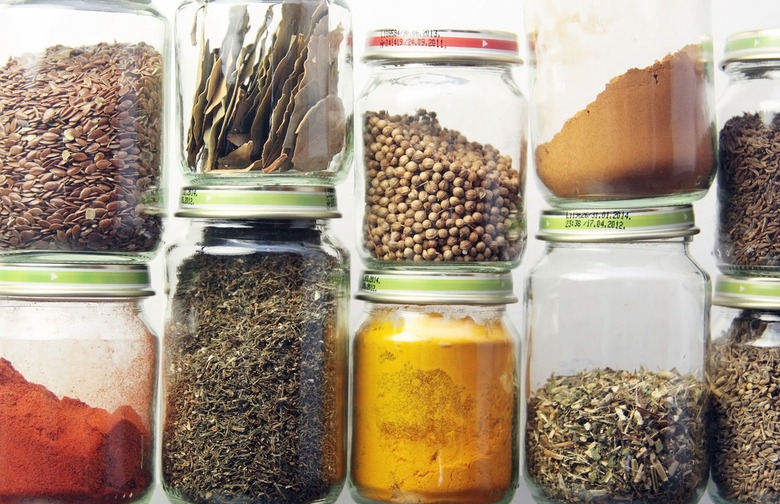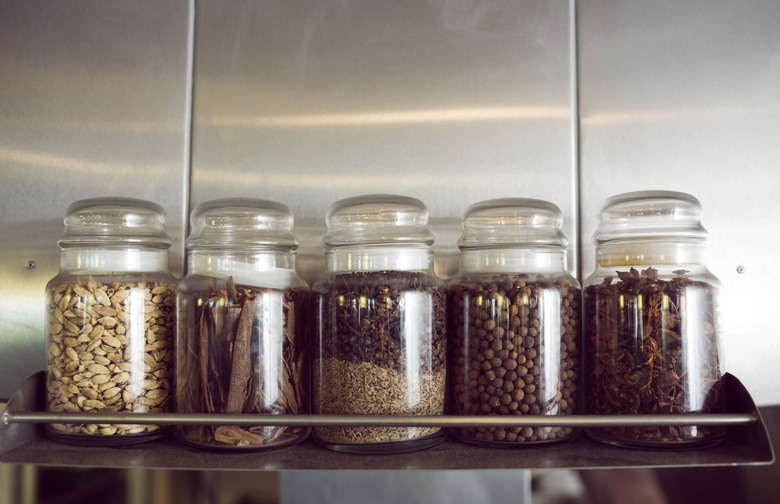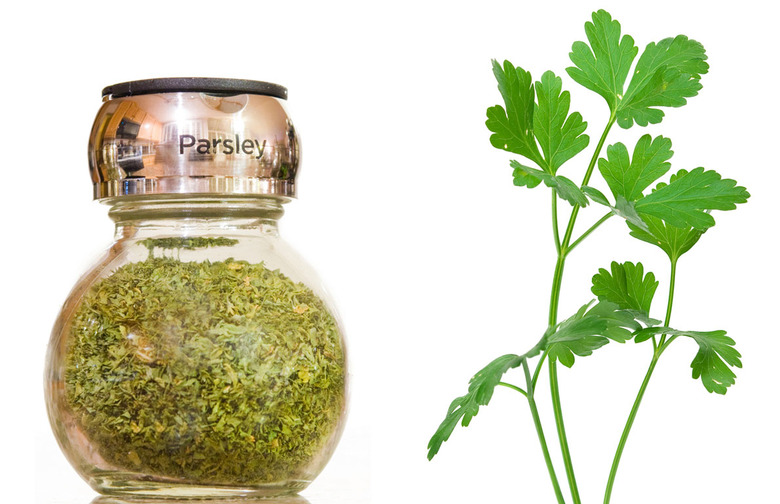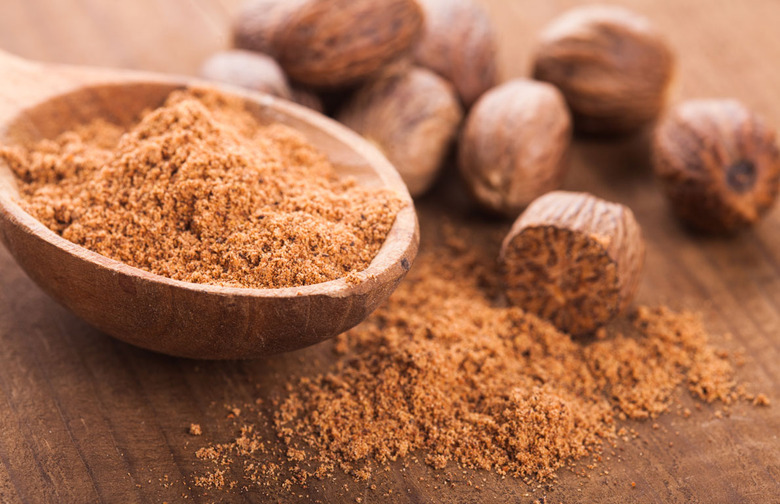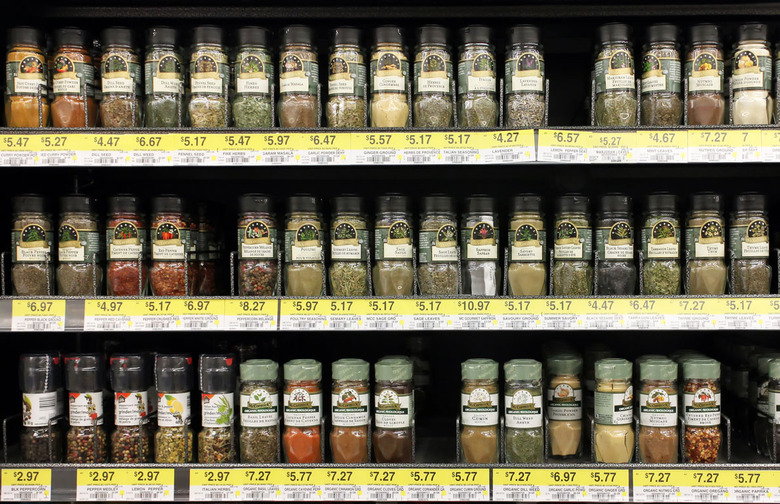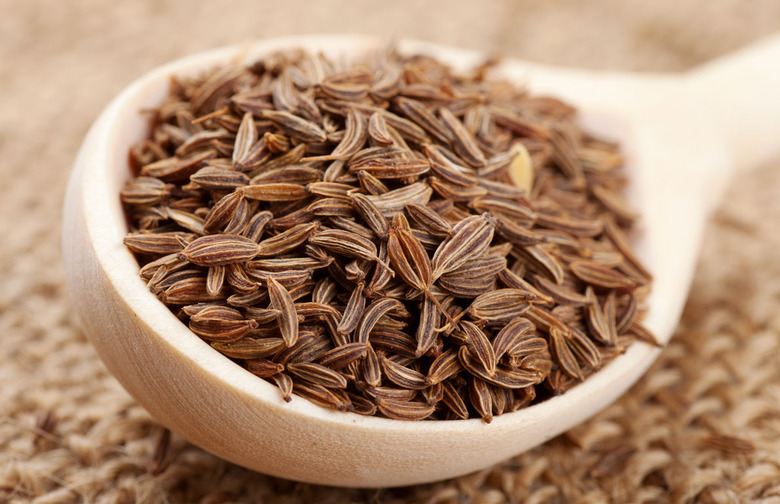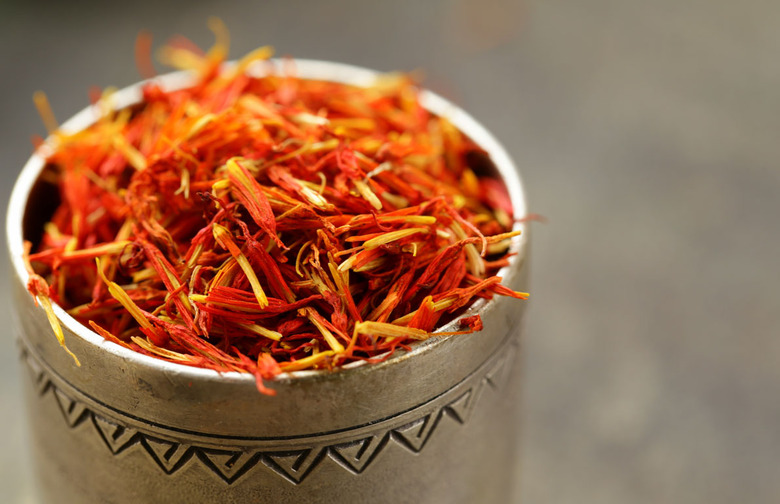9 Things Every Home Cook Should Know About Spices
Spices are an essential part of good cooking. Learn how to choose, store, and use them.
Don’t Forget to Use Spices
Don't bury your spices in your kitchen cabinet. Keep spices at-hand, organized, and ready to use. Be careful not to fall victim to "out of sight, out of mind".
Don’t Over-Buy
Don't buy your spices in astronomical amounts. Most spices maintain their flavor and aroma for about two years — think twice before you buy that 32-ounce container of cinnamon.
Don’t Store Spices in Direct Sunlight
Keep your spices out of direct sunlight. High-intensity light can have the same effects on spice as heat. You can usually tell when a spice has been compromised by light: look for discoloration.
Don’t Store Spices Near the Oven
Don't store your spices above your oven or stove top. Essential oils give spices their flavor and aroma, and when they're heated up, those oils disappear.
Fresh Versus Dried
There are some spices that you just don't buy dried. Avoid dried parsley, mint, or cilantro — unless you admire the taste of dried grass. Fresh is best when it comes to these herbs.
Grind Your Own Spices
Buy whole and grind fresh; nothing compares to freshly ground nutmeg, cumin, coriander, cinnamon, and allspice. Pick up a cheap coffee grinder and designate it for spices only. Nothing fancy, just something in that $15—$20 range.
Refresh Your Supply of Spices
Old spice is for armpits! For maximum flavor, make sure you replace any ancient spices that you may have lying around.
Toast Your Spices
Toast or roast your spices for an added flavor dimension. It's simple: lightly toast a whole spice like cumin seed in a sauté pan, cool it completely, and then grind it up before using.
Try New Spices
Experiment with flavor, and get creative in the kitchen. Step outside of your comfort zone and try cooking with more exotic spices like galangal, sumac, cardamom, or saffron. You'll be glad you did!
